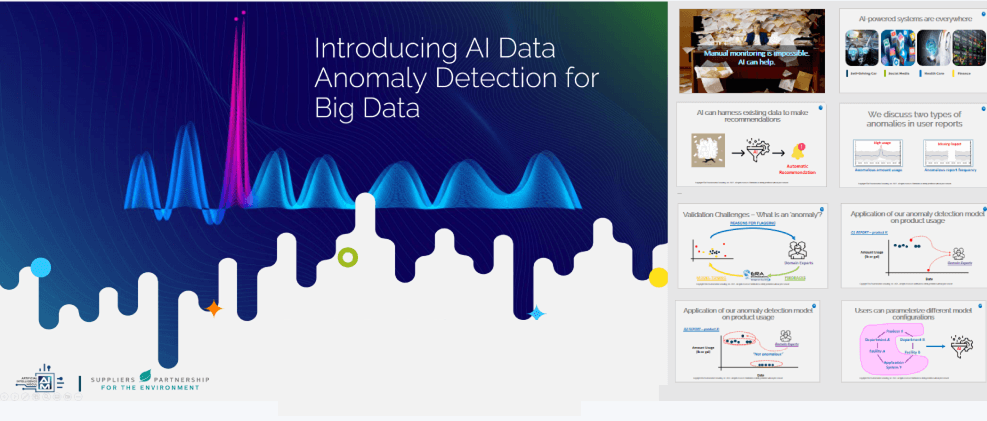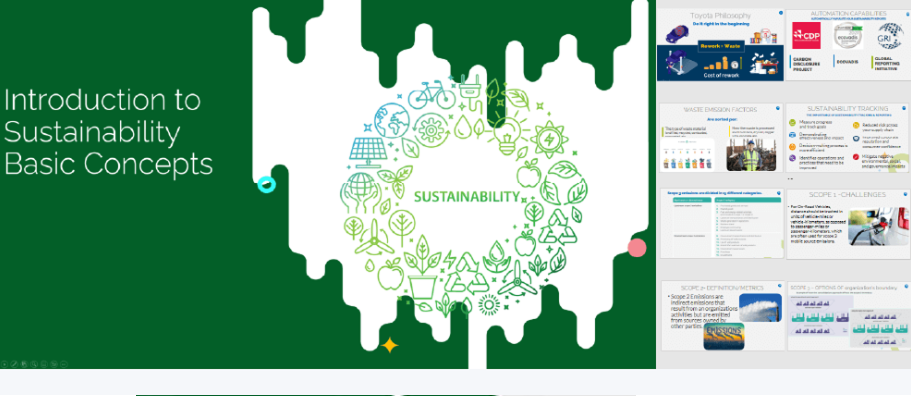In 2020, AI Mogul (alongside NSERC and Concordia University), began working on a tool that uses AI technology to detect anomalies in data in environmental reports prepared by automotive companies. In the project’s early years, this proof of concept involved studying an automotive company’s data (Fiat Chrysler Automobiles (FCA)) and using rudimentary statistical models to attempt pattern detection and identify outliers. Once the model was established, the project evolved to allow automotive companies to monitor their environmental reporting data, such as tracking the amount of paint used in each plant and the emissions released.

In 2022, AI Mogul and the Concordia team finetuned the model until it could effectively flag anomalous data. Together, they published an academic journal article highlighting the challenge sin adopting artificial intelligence-based user input verification frameworks in reporting software systems and set out to continue the study by applying the developed algorithm to various types of automotive company data, including data coming from Automotive OEMs and the FCA. Presently, the model can accurately detect anomalies across four different features: product usage, the quantity of the vehicles produced, the correlation between usage and production, and the percentage difference between usage and production. And by using the AI system's algorithm scoring, the model can also flag discrepancies in production and usage data. The study will continue until the model is fully integrated into reporting software systems and used by manufacturing companies to detect anomalous environmental data.
Contact AI Mogul



.png)






